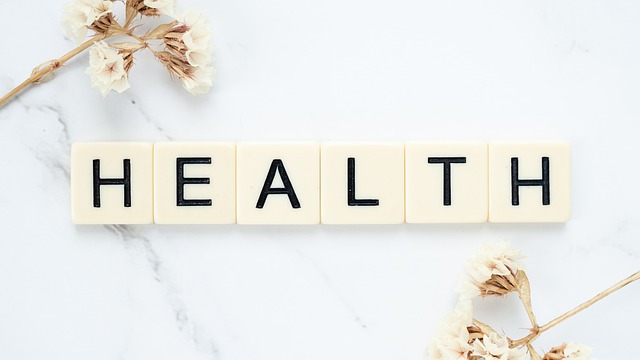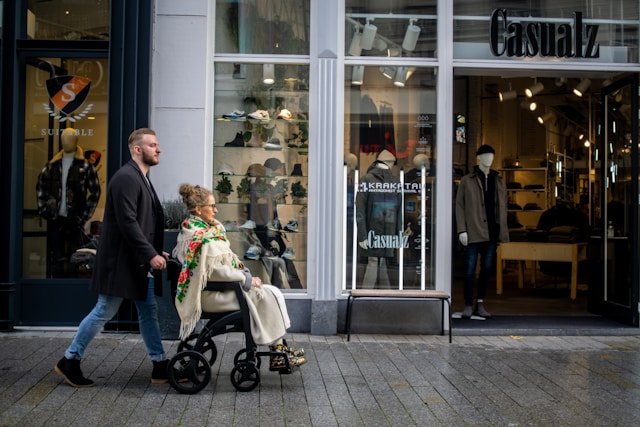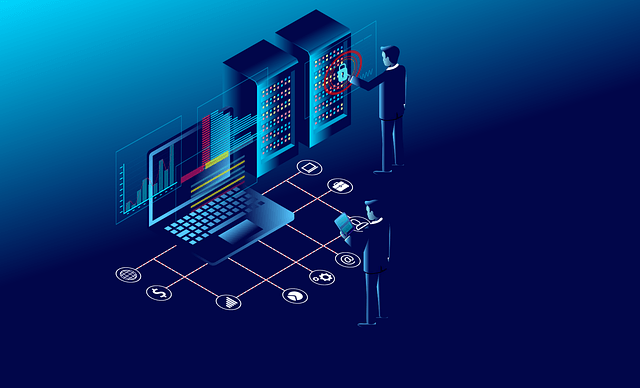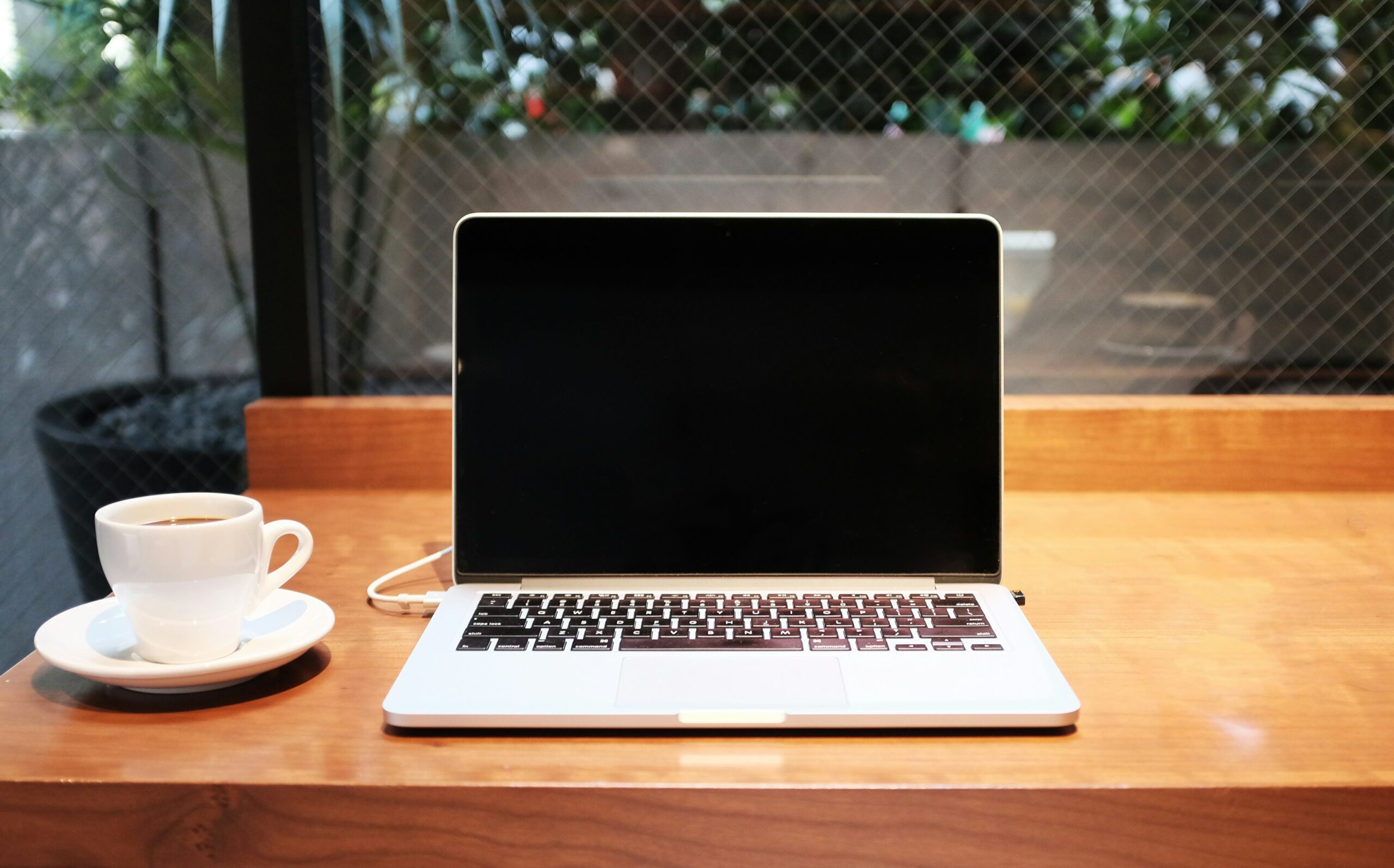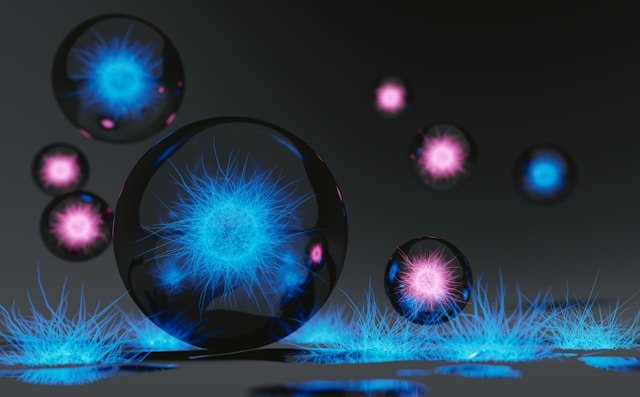One Framework, 6 Ways Technology Affects Your Sleep Health
Why Your Sleep Is Under Attack by Technology
Many people believe that technology affects your sleep health. Makes life easier—even when it comes to sleep. Sleep tracking apps, smart mattresses, and blue-light filtering screens all claim to improve your rest. But here’s the hard truth: technology is ruining your sleep health more than you realize.
Think about it. How often do you check your phone before bed? Or fall asleep with Netflix still running? If you’ve ever woken up groggy, despite getting “enough hours,” chances are your gadgets are messing with your sleep cycle. The connection between technology and sleep disruption is stronger than most people think, and it all comes down to how screens, notifications, and artificial light interfere with your body’s natural rhythms.
In this blog, we’ll explore one simple framework to understand and fix technology’s impact on sleep health. We’ll also break down six powerful ways technology affects your sleep—and how you can take back control. Let’s start with the science behind it all.
The Science Behind Sleep & Technology’s Impact on Sleep Health
Before we dive into solutions, let’s get into why technology is such a sleep disruptor. To understand the impact of technology affects your sleep health, you first need to know how sleep works in the body.
How Your Body Regulates Sleep
Your body follows an internal circadian rhythm, also known as your biological clock. This rhythm is mainly controlled by light exposure. In a natural setting, your brain produces melatonin (the sleep hormone) when it gets dark, making you feel sleepy. When the sun rises, melatonin levels drop, and you wake up. Simple, right?
Well, here’s where technology throws things off. Blue light from screens (phones, laptops, TVs, tablets) tricks your brain into thinking it’s still daytime. As a result, melatonin production is delayed, making it harder for you to fall asleep. Studies show that screen exposure before bed can push back your sleep cycle by 1-2 hours, leading to sleep deprivation and fatigue the next day.
The Hidden Dangers of Tech-Related Sleep Disruption
Technology affects more than just melatonin levels. Here are some of the biggest ways digital devices mess with your sleep health:
- Delayed REM sleep – Watching TV or using social media late at night can push back your REM sleep, the stage responsible for deep rest and memory processing.
- Overstimulation – Playing video games, TikTok scrolling, or even reading emails before bed can keep your mind racing, making it harder to relax.
- Disrupted sleep cycles – The constant buzz of notifications or background TV noise can wake you up multiple times at night, lowering sleep quality.
- Increased stress and anxiety – Studies show that excessive screen time before bed is linked to higher cortisol (stress hormone) levels, which prevent deep sleep.
Why a One-Size-Fits-All Approach Doesn’t Work
Most people think they can fix technology affects on your sleep health just by turning on “Night Mode” or dimming their screen brightness. But here’s the reality: That’s not enough. Night Mode only reduces some blue light exposure—it doesn’t eliminate it. Plus, it doesn’t stop notifications, social media addiction, or bedtime overstimulation.
That’s why you need a structured approach—a smart framework to help you break bad habits, optimize your bedtime routine, and sleep better in a tech-driven world.
One Smart Framework to Tackle Tech-Related Sleep Problems
Most people think that fixing sleep issues caused by technology is just about using a blue light filter or downloading a sleep app. But here’s the reality—your entire nighttime routine and environment play a role. A more structured approach is needed to fight sleep disruption caused by digital devices. That’s where this simple 3-step framework comes in.
Step 1: Identify Tech Habits That Ruin Your Sleep
Before you fix anything, you need to pinpoint what’s harming your sleep. Some of the most common tech-related sleep disruptors include:
- Using screens before bed (phones, tablets, TVs, laptops)
- Checking notifications in the middle of the night
- Watching shows or playing video games late at night
- Overusing sleep-tracking apps, causing sleep anxiety
- Artificial lighting that messes up your circadian rhythm
Step 2: Modify Your Bedtime Routine to Reduce Screen Exposure
Once you identify bad habits, start making small adjustments:
- Set a screen curfew at least 60 minutes before bedtime.
- Use blue light blockers (glasses or screen filters) if you must use devices.
- Replace screen time with relaxing activities like reading, journaling, or meditation.
- Keep your phone away from your bed to avoid checking notifications at night.
Step 3: Optimize Your Sleep Environment with Smart Tech Choices
Your sleep environment matters just as much as your habits. Here’s how to make your bedroom more sleep-friendly:
- Use warm, dim lighting instead of harsh artificial light.
- Invest in blackout curtains to block outdoor light pollution.
- Try white noise machines or relaxing music to block distractions.
- Use a real alarm clock instead of your phone to wake up.
This simple framework isn’t about eliminating technology—it’s about using it wisely so it doesn’t destroy your sleep health.
The 6 Ways Technology Affects Your Sleep health (And How to Fix Them)
Let’s discuss the 6 ways of technology which can affects your sleep health, and its solutions:
1. Blue Light from Screens Delays Sleep
- How blue light from phones, laptops, and TVs blocks melatonin production.
- Fix: Use blue light filters and night mode and avoid screens before bed.
- Keywords:
- Effects of blue light on circadian rhythm
- How blue light from screens affects sleep cycles
2. Social Media Overstimulation Keeps Your Brain Awake
- Endless scrolling before bed tricks your brain into staying alert.
- Fix: Set app limits, use grayscale mode, and do a digital detox before sleep.
- Keywords:
- The impact of social media addiction on sleep health
- How social media affects sleep quality
3. Notifications and Late-Night Alerts Disrupt Sleep
- The constant buzzing of messages and emails keeps your mind restless.
- Fix: Use “Do Not Disturb” mode or keep your phone in another room.
- Keywords:
- How smartphone usage before bed disrupts sleep
- Sleep disruption caused by digital devices
4. Gaming and Watching Delay REM Sleep
- Watching TV or gaming late at night pushes your bedtime further.
- Fix: Set a screen-off time at least one hour before bed.
- Keywords:
- Does watching TV before bed reduce sleep quality?
- Effects of gaming late at night on REM sleep
5. Smart Devices and Wearables Can Cause Sleep Anxiety
- Over-reliance on sleep trackers can lead to “sleep perfectionism”, making it harder to relax.
- Fix: Use sleep tracking moderately and focus on habits, not just numbers.
- Keywords:
- The role of sleep apps in better rest
- Wearables and sleep tracking accuracy
6. Artificial Lighting Confuses Your Body Clock
- Bright lights at night signal to your brain that it’s still daytime.
- Fix: Use warm lighting and smart bulbs that mimic natural light cycles.
- Keywords:
- Light exposure and REM sleep
- How screens delay deep sleep
How Different Gadgets Affect Your Sleep Differently
Not all technology disrupts sleep in the same way. Some technology gadgets are worse than others when it comes to affecting sleep cycles and melatonin production. Let’s break down the worst offenders:
Smartphones & Tablets
These are the biggest sleep disruptors because:
- They emit high levels of blue light, delaying melatonin production.
- Notifications keep your brain alert, making it hard to wind down.
- Social media & video content overstimulate the mind, preventing deep sleep.
Televisions & Streaming Devices
Watching your favorite show might seem relaxing, but:
- Bright screens delay sleep onset, especially if watched in bed.
- Exciting content (action, horror, drama) raises adrenaline, keeping you awake.
- Background noise disrupts deep sleep, even if it helps you fall asleep initially.
Smartwatches & Sleep Trackers
Ironically, some gadgets meant to improve sleep can actually do the opposite.
- Constant tracking can cause sleep anxiety, making you stress over “perfect sleep.”
- Late-night notifications disrupt deep sleep cycles.
- Some models emit low-level radiation, which could impact brain activity.
If you rely on tech, use it wisely—adjust brightness, limit notifications, and avoid overstimulation before bed.
Simple Sleep Hacks to Minimize Tech Disruptions
Even if you can’t completely cut technology out of your life, you can still take steps to minimize its impact on sleep. Here are some simple sleep hacks to try:
- Use blue light blockers and Night Mode settings to reduce exposure.
- Follow a consistent bedtime routine to train your body for sleep.
- Try white noise machines and blackout curtains to create a sleep-friendly environment.
By making small changes like these, you can reduce technology-related sleep problems naturally and start waking up feeling truly rested.
Final Thoughts: Take Control of Your Sleep Health
We’ve covered a lot, but here’s the key takeaway: Technology can effects your sleep health, but you have the power to control it.
By following the one framework and using simple sleep hacks, you can minimize the effects of blue light, overstimulation, and digital distractions. You don’t have to quit technology completely—just use it more mindfully.
Now, it’s your turn! Have you tried any of these sleep hacks? What works best for you? Share your experience in the comments and let’s help each other sleep better.

